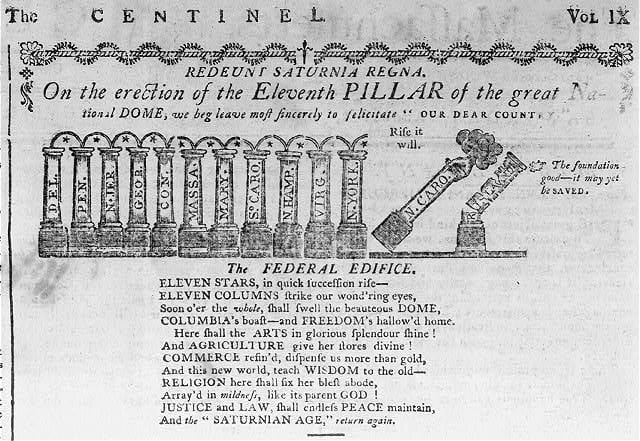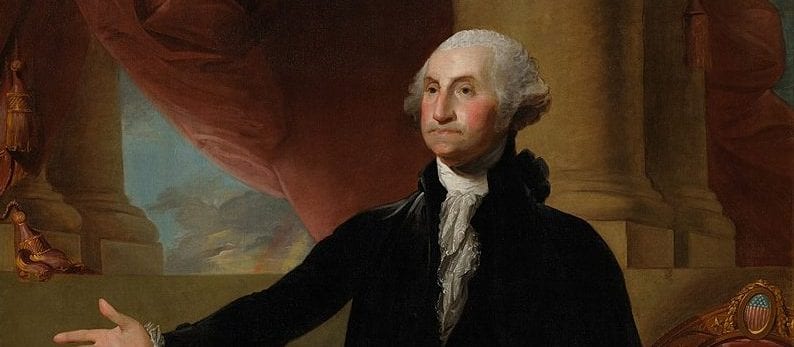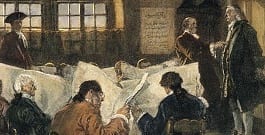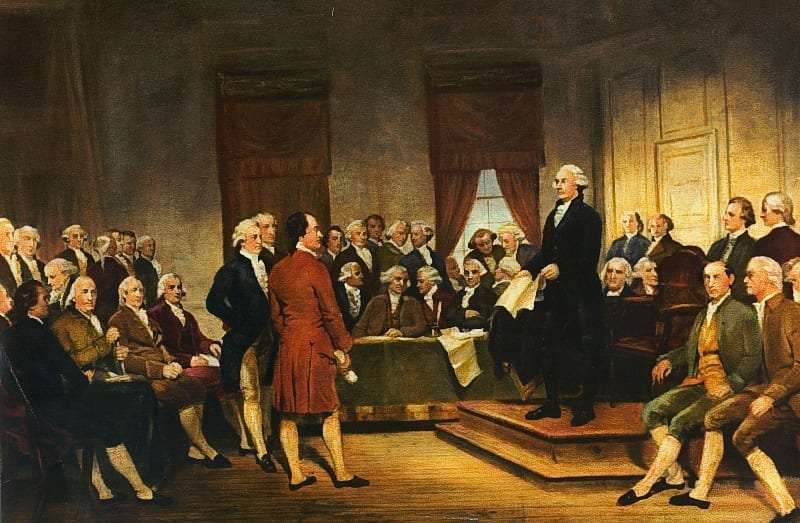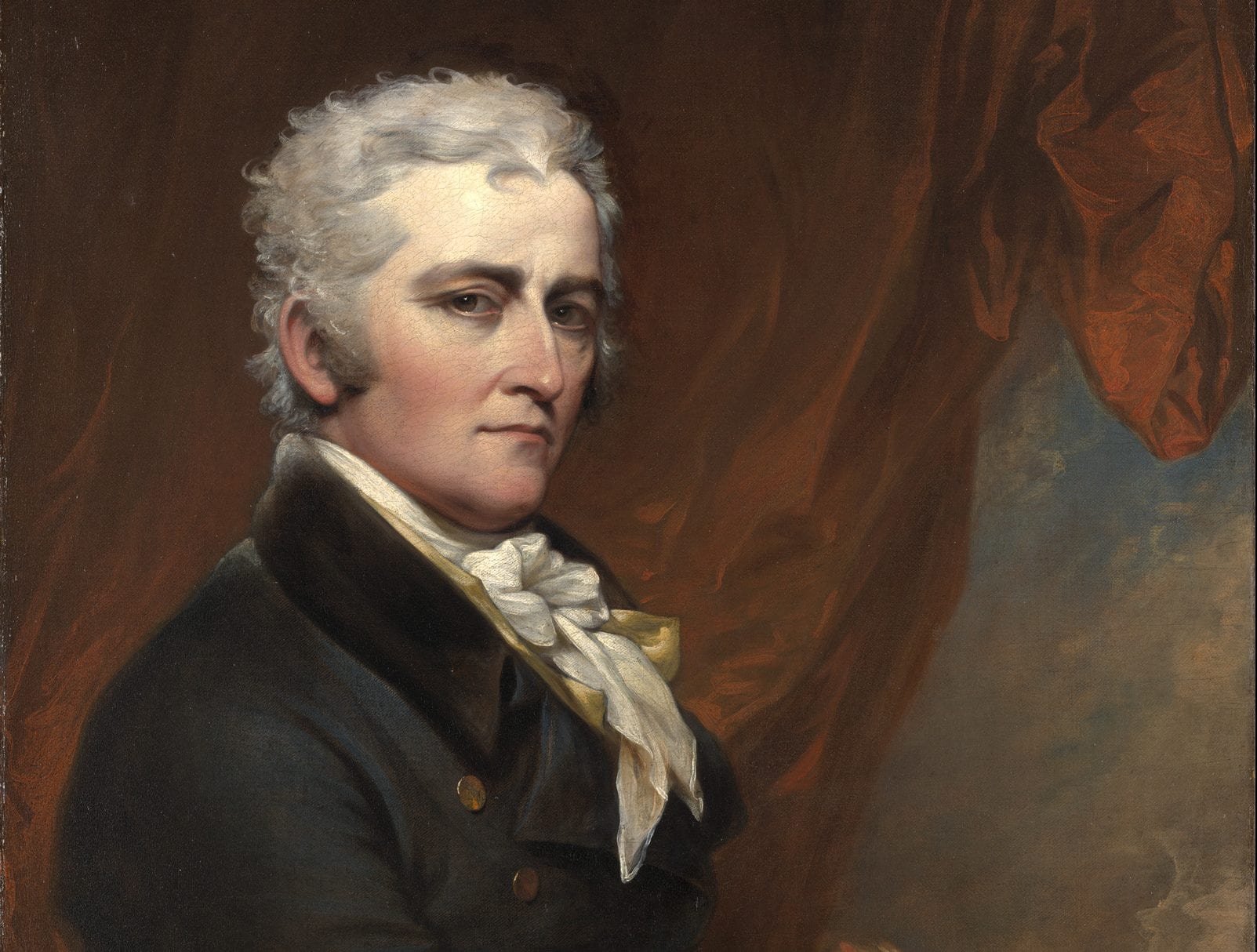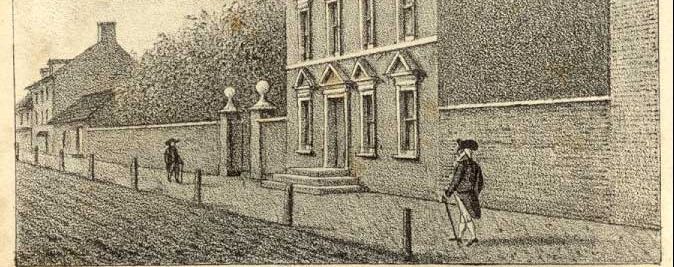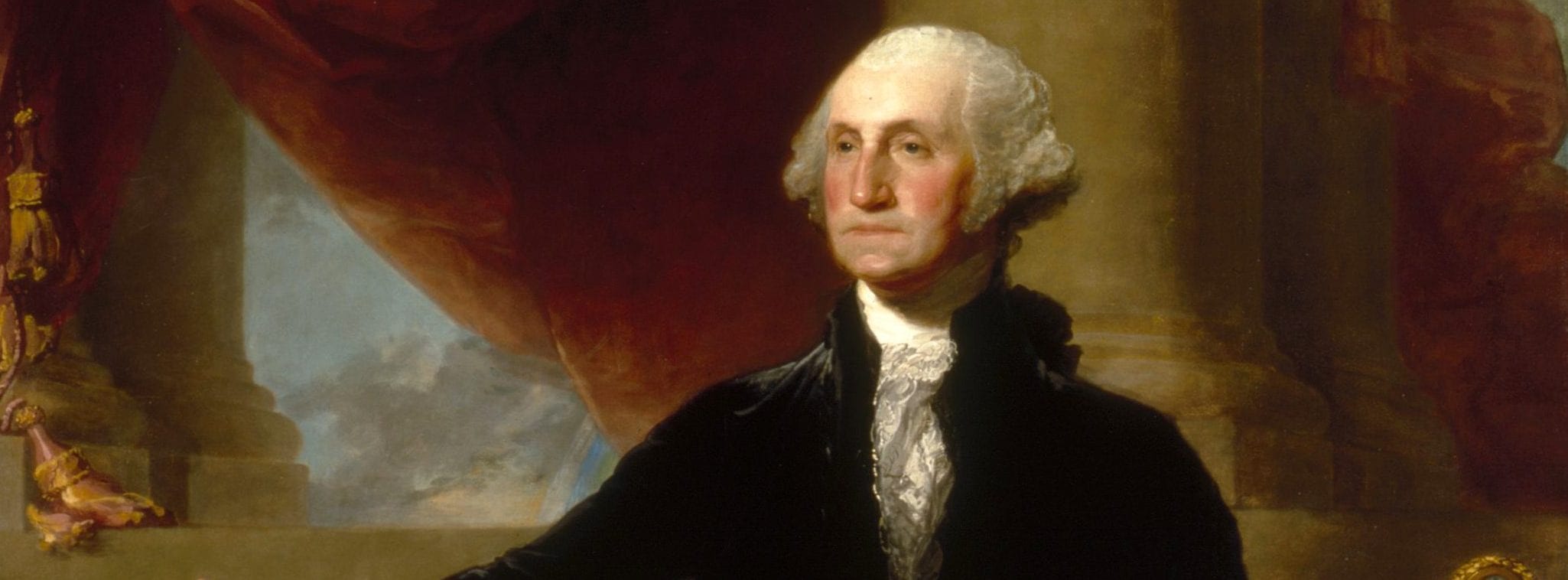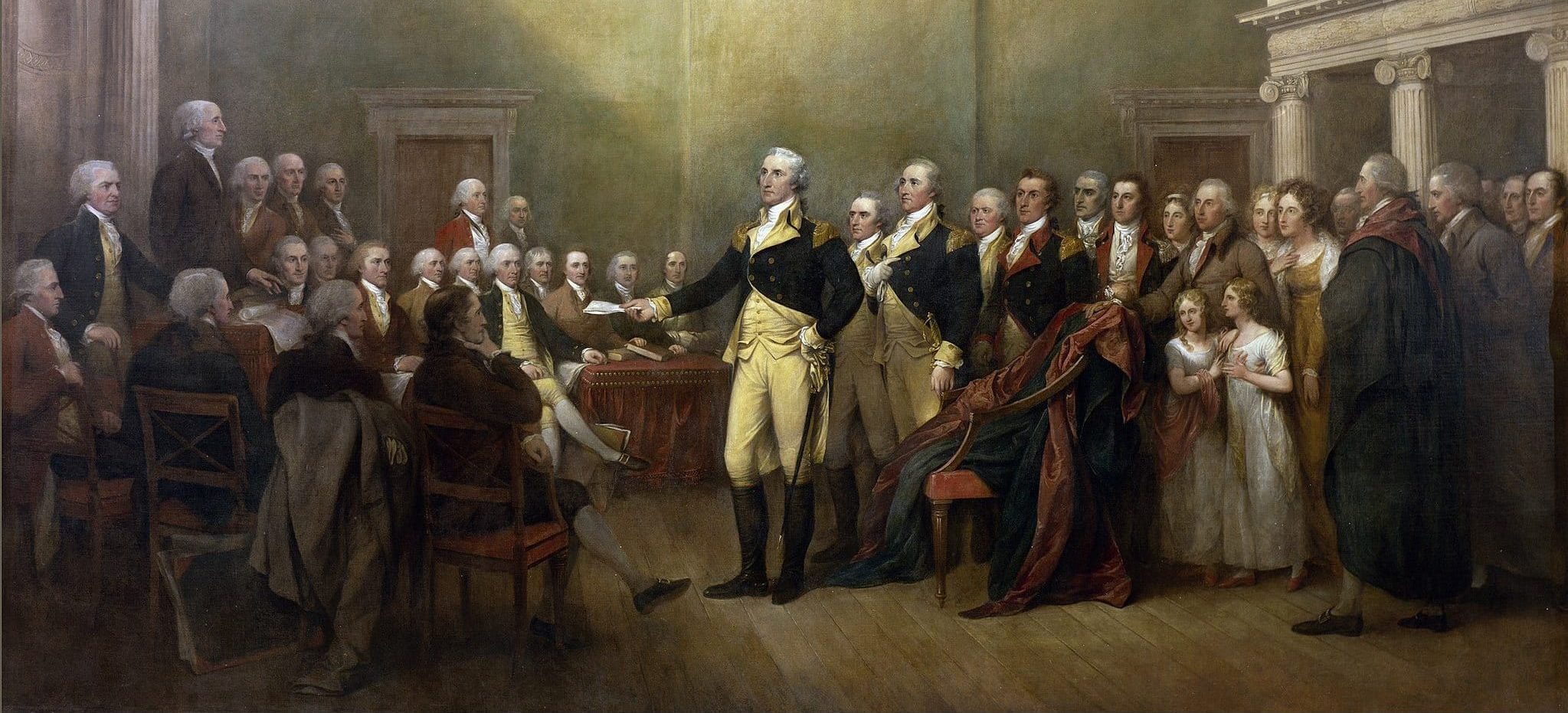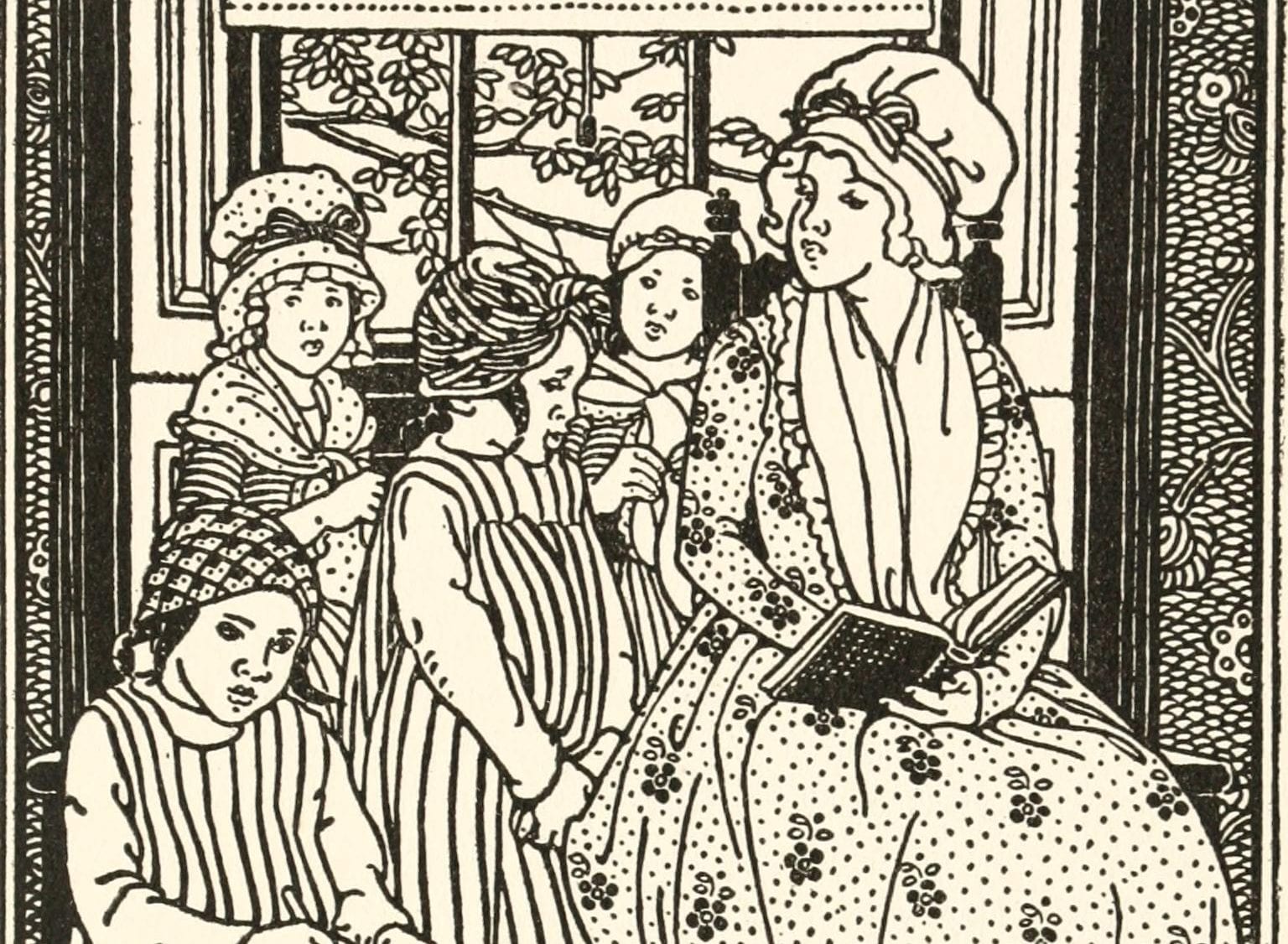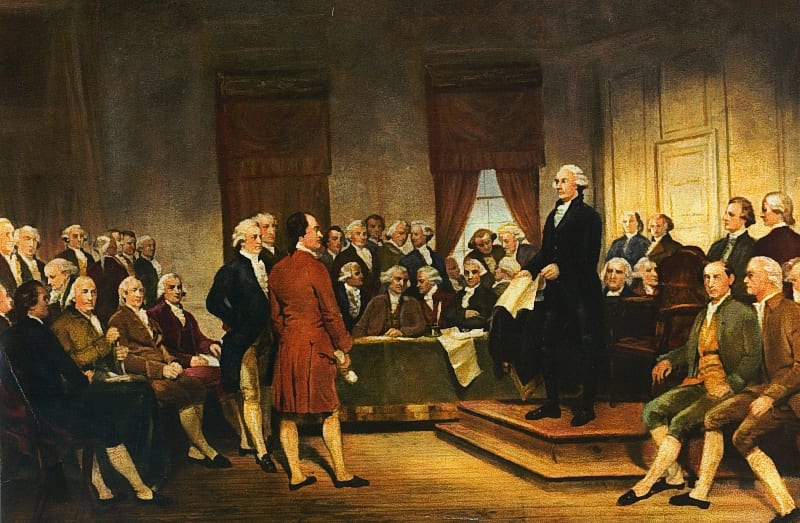ARGUMENT I.
It has been published to the people, that Doctor Franklin was opposed to the constitution, and consented to sign it merely as a witness.
ANSWER.
Doctor Franklin, in his speech, assigning his reasons for agreeing to the constitution, (printed in the Maryland Gazette, &c. of December 18th) says, “I hope, therefore, that for our sakes, as a part of the people, and for the sake of our posterity, we shall act heartily and unanimously in recommending this constitution wherever our influence may extend.” (It is sincerely hoped many of the members of the Massachusetts state convention may experience the same witnessing influence by which the doctor was actuated, when the all-important question respecting the federal constitution is to be decided.)
II.
It has been published, that Mr. Jay had changed his opinion, and affirmed the new constitution to be the most artful trap that had ever been laid to catch the liberties of mankind.
ANSWER.
Mr. Jay, in his letter to Mr. Vaughan, of Philadelphia, (printed in the Maryland Journal, &c. of the 18th December) says, “You have my authority to deny the change of sentiment it imputes to me, and to declare that, in my opinion, it is advisable for the people of America to adopt the constitution proposed by the late convention.” (What think ye of this, gentlemen, is mr. Jay federal or anti-federal?-Is another better acquainted with his sentiments, than he himself is?)
III.
It is asserted, in the Maryland Gazette, &c. of the 11th December, under the Baltimore head, that Mr. Ellsworth, of Connecticut, WITHDREW FROM THE CONVENTION.”
ANSWER.
Mr. Ellsworth and Mr. Sherman, in their joint letter, enclosing the constitution to their legislature, (published in the Pennsylvania Herald, of the 10th November ult.) say, “We wish it may meet the approbation of the several states, and be the means of securing their rights, and lengthening out their tranquility.” (The sentiments contained in the letter just mentioned, are by no means congenial with the insinuation, that mr. Ellsworth withdrew from the convention from motives of dislike to its proceedings.)
IV.
Mr. Richard Henry Lee, in a letter to the Governor of Virginia, (published “by the request of several Gentlemen,” in the Maryland Journal, &c. of last Friday) says, “It has hitherto been supposed a fundamental maxim, that in governments rightly balanced, the different branches of legislature should be unconnected, and that the legislative and executive powers, should be separate.”
ANSWER.
In the British constitution, which is thought to be the best balanced in the world, the legislative and executive powers are not separate. Montesquieu, speaking on this subject, says, the executive power ought to have a share in the legislature by the power of rejecting; otherwise it would soon be stripped of its prerogative.’ (Whose judgment, in regard to the affairs of government, ought to have most weight, simple Dick’s, or the great MONTESQUIEU’s?)
V.
Mr. Richard Henry Lee says, in the same publication, “the president is for four years duration, (and Virginia for example) has one vote of thirteen in the choice of him, and this thirteenth vote not of the people, but electors, two removes from the people. ”
ANSWER.
By the constitution, the president is to be chosen by ninety-one electors, each having one vote of this number, Virginia has twelve, so that instead of the thirteenth vote in the choice of president, (Virginia for example) has somewhat less than an eighth. (Such a sad mistake as mr. Lee has made, indicates either the most consumate weakness or wickedness, and by which of these the anti-federal champion was guided, the publick will determine.)
The constitution also admits of the people choosing the electors, so that the electors may be only one remove from the people. (Mr. Lee, it seems by this, has only missed the fact by ONE HALF!! thistrivial mistake in an anti-federalist is, however, hardly worth noticing.)
VI.
It is also said by Mr. Richard Henry Lee, that the people of this country have thought a bill of rights necessary to regulate the exercise of the great power given to their rulers, as appears by the various bills or declaration of rights, whereon the government of the greater number of the states are founded.
ANSWER.
Only four states appear, by the book of constitutions, to have a bill of rights, which are the lesser number of states. (What think ye of (Sir) RICHARD, now?)
These, Mr. Goddard, are the arguments used to prejudice the minds of the people against the constitution, some of which, it seems, “several Gentlemen” requested you to publish. For this time, we will suppose these gentlemen to have been ignorant of the deceptions they have thus publicly countenanced, because no gentleman would knowingly propagate or countenance untruths.
December 22, 1787.








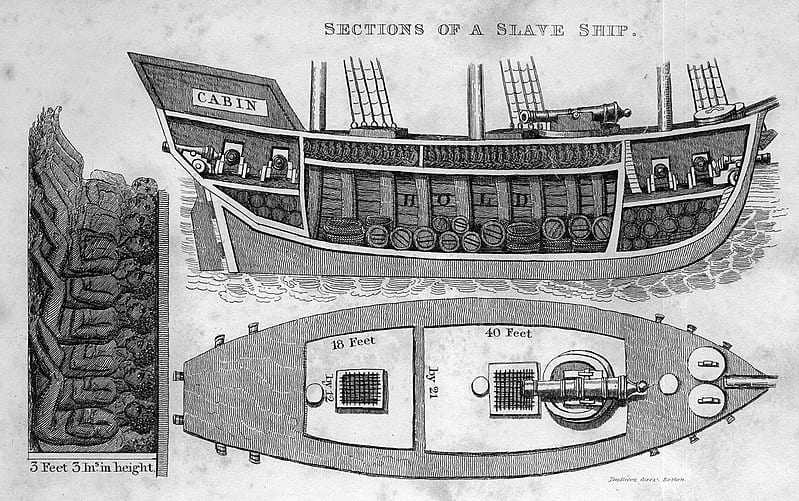






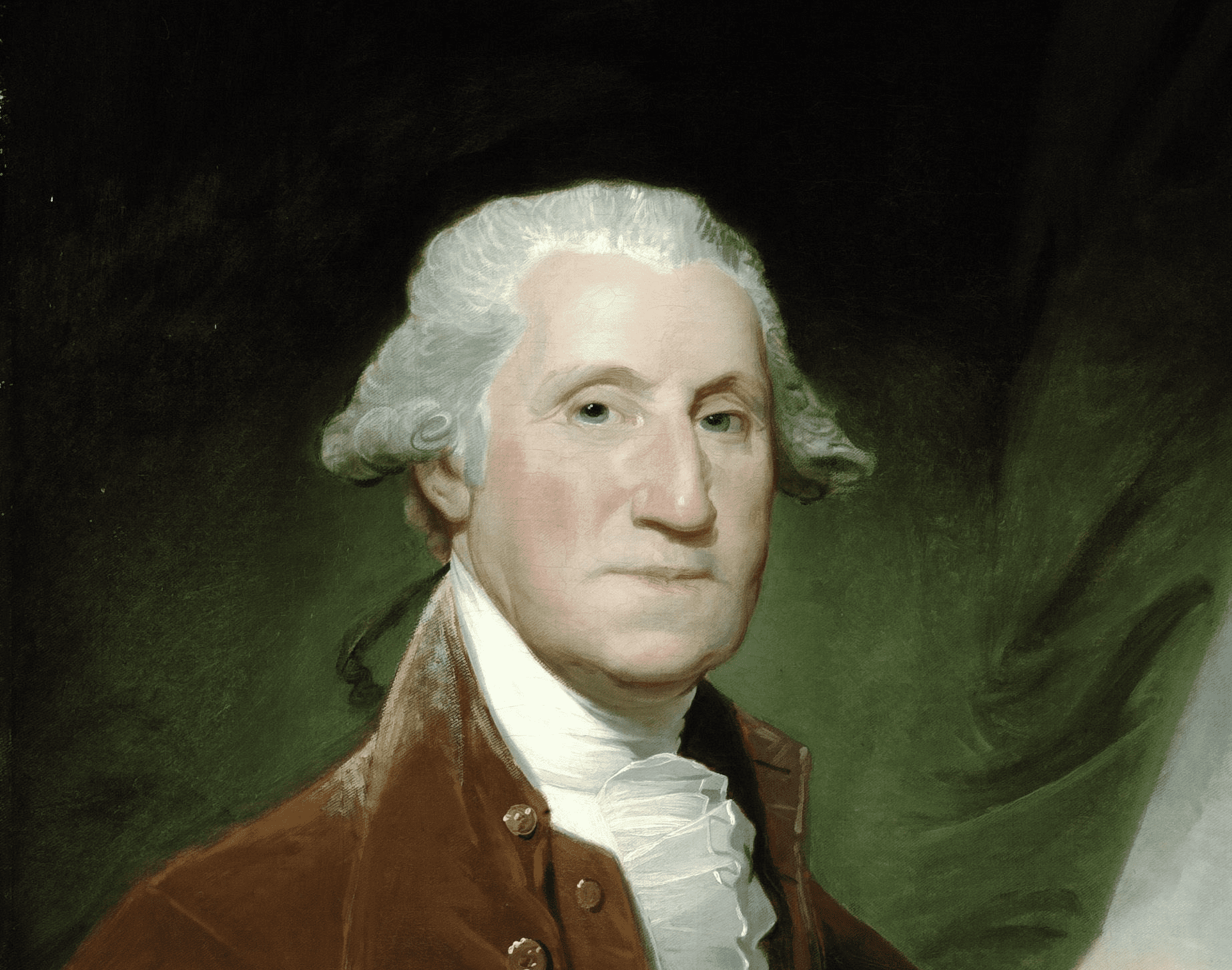















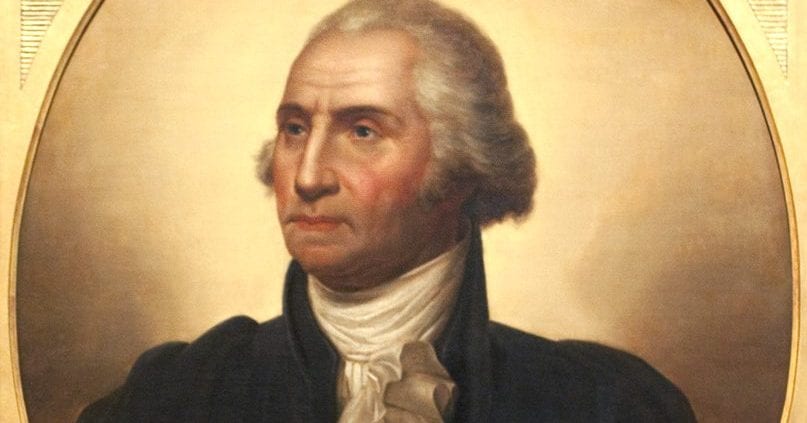
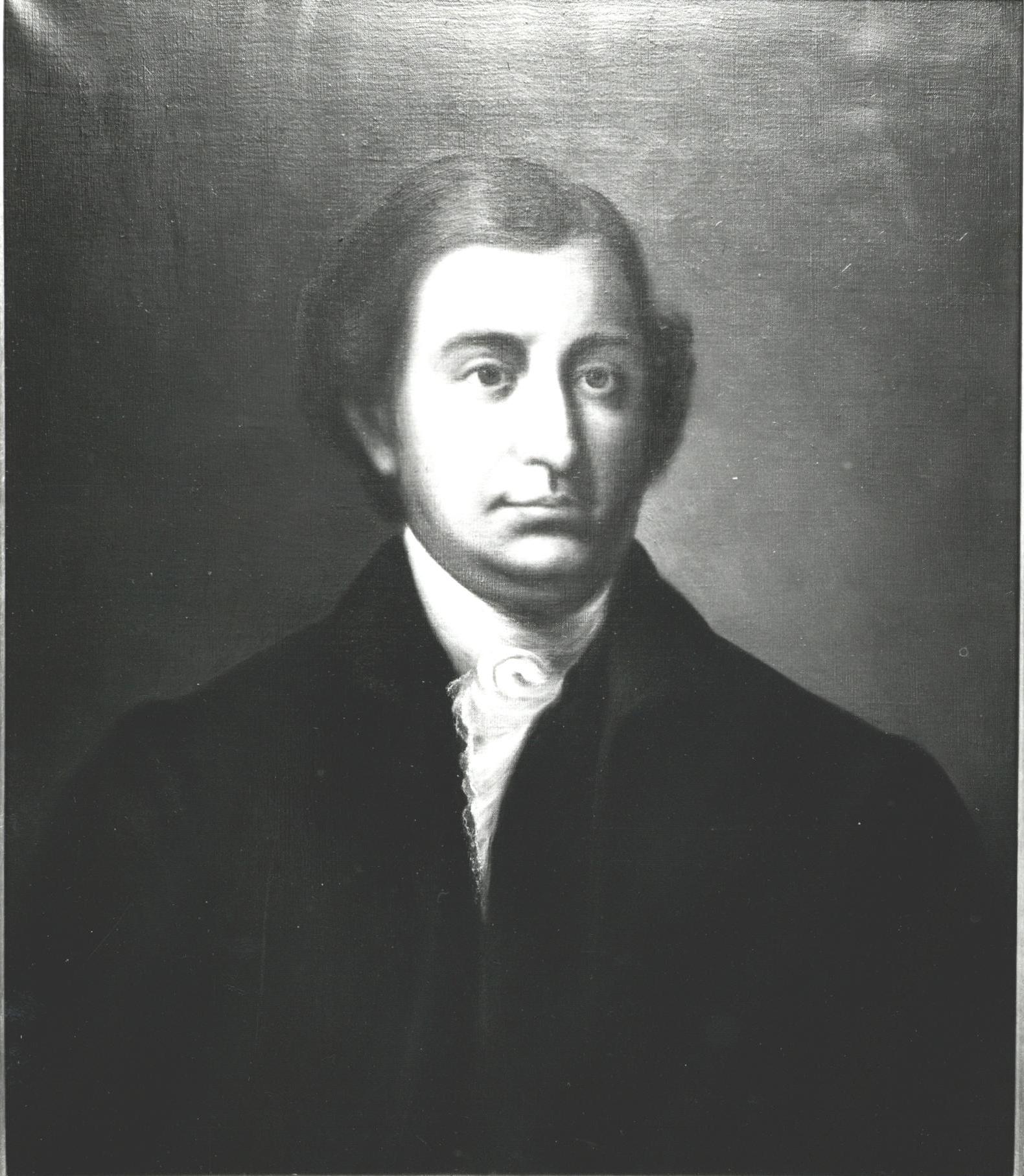
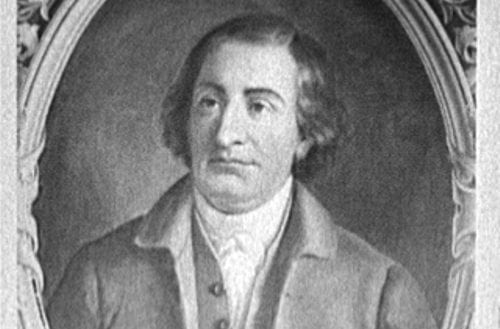
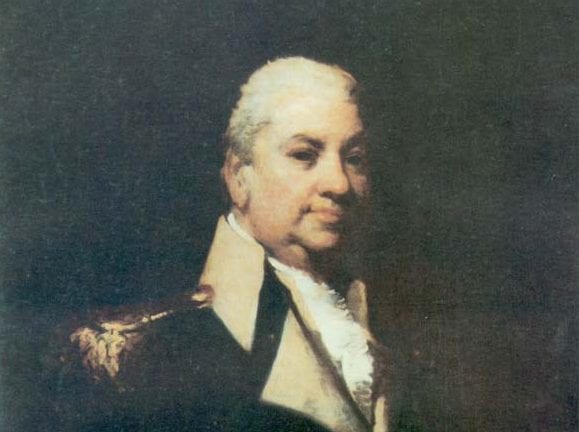




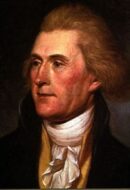













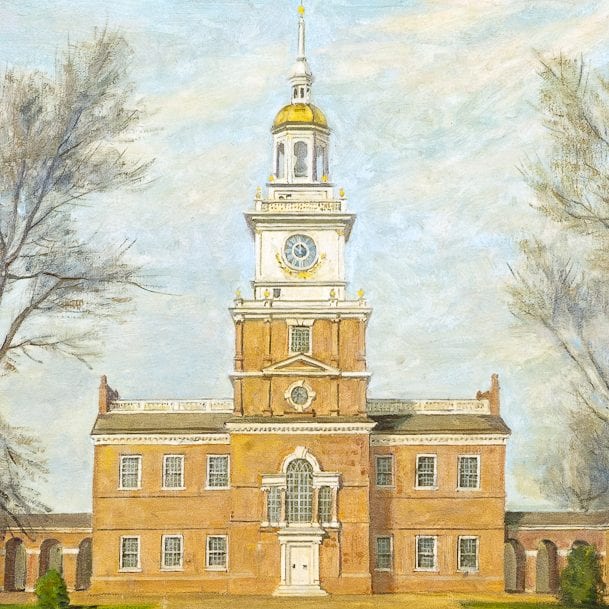

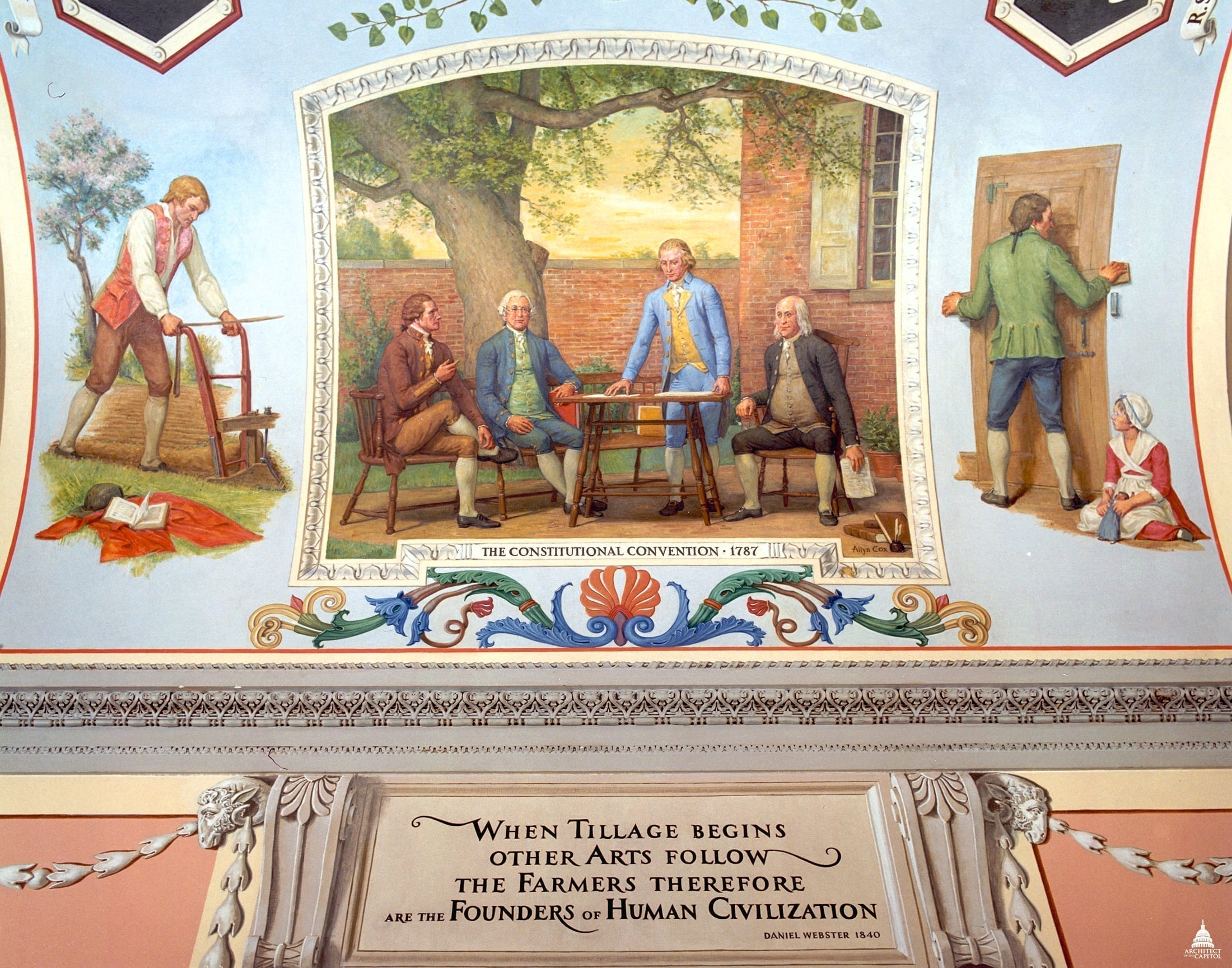

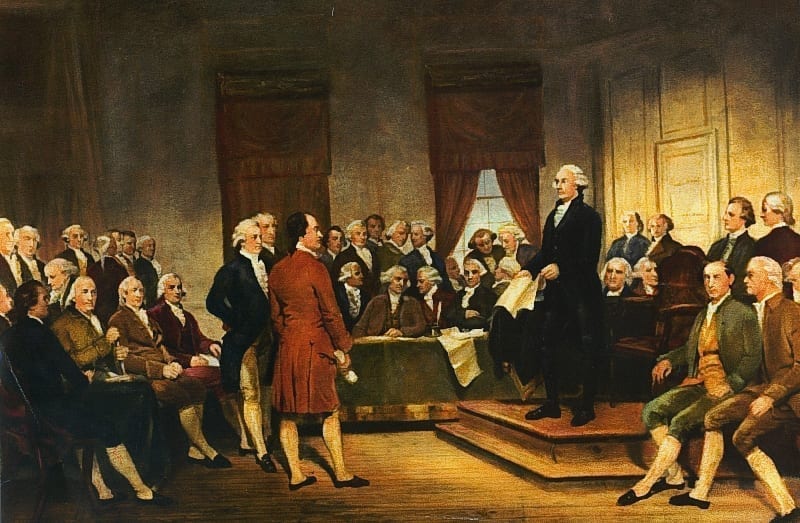


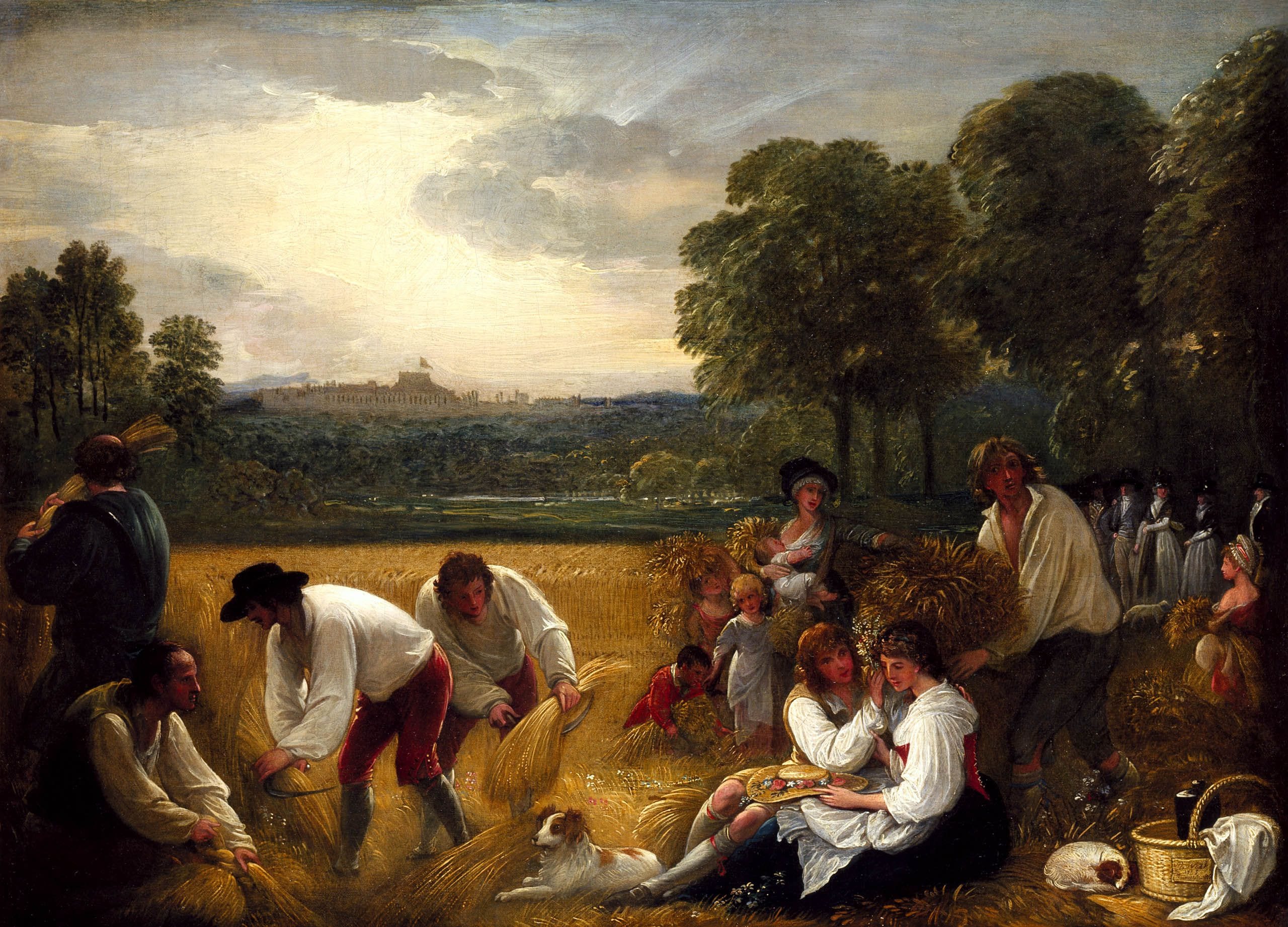


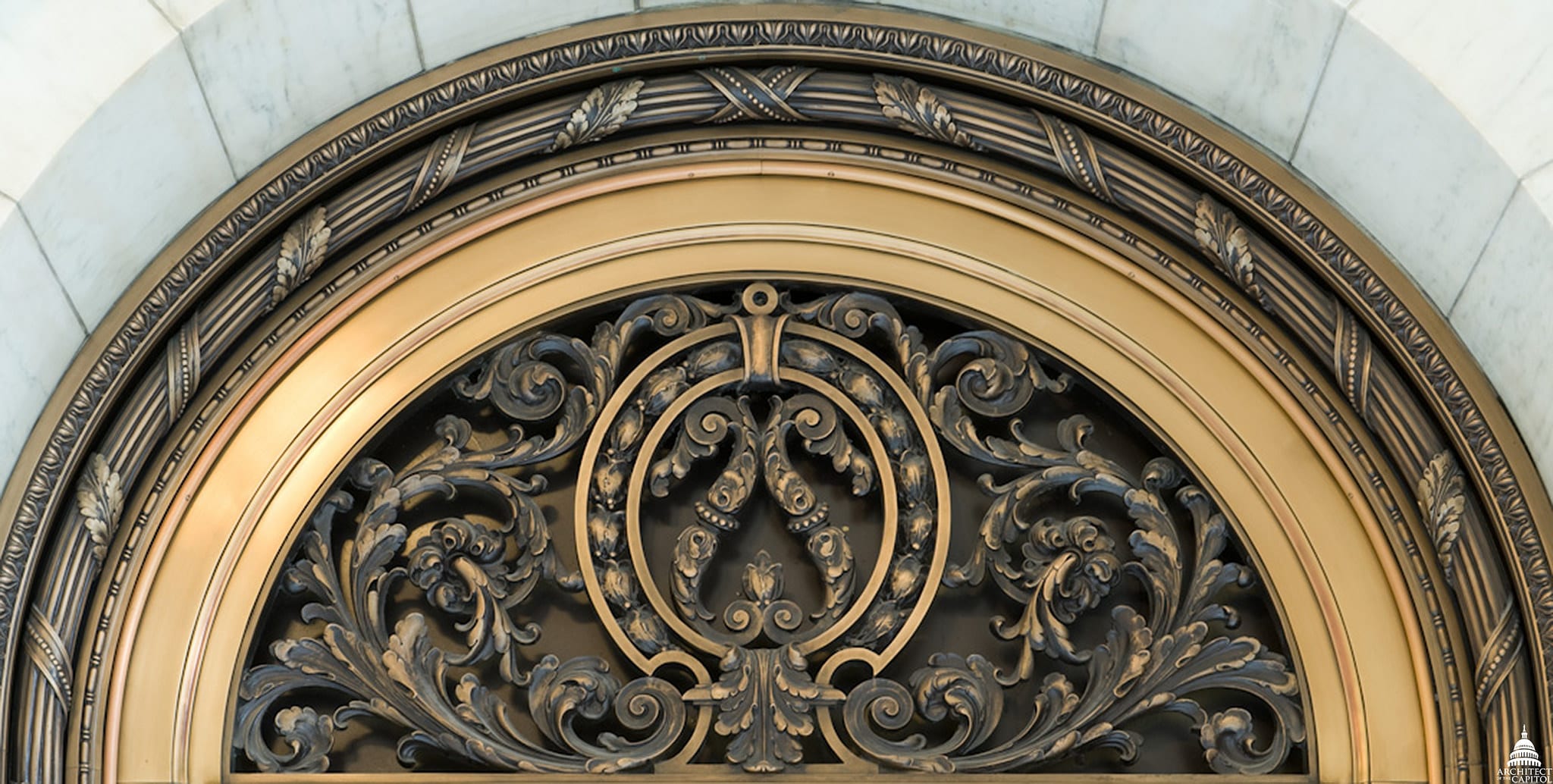













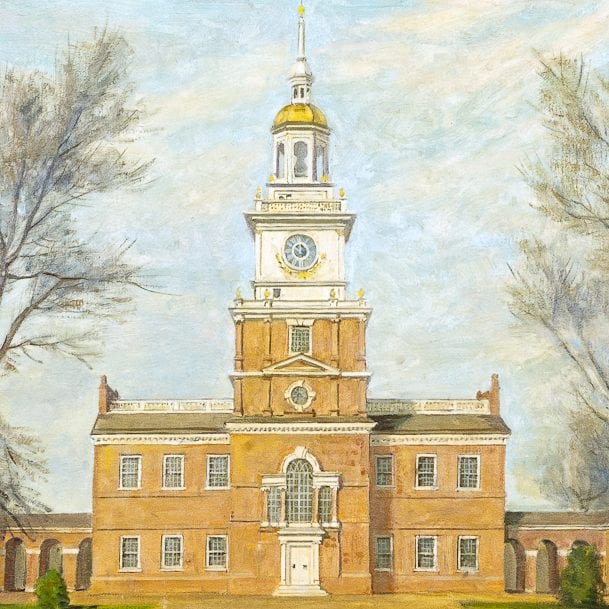
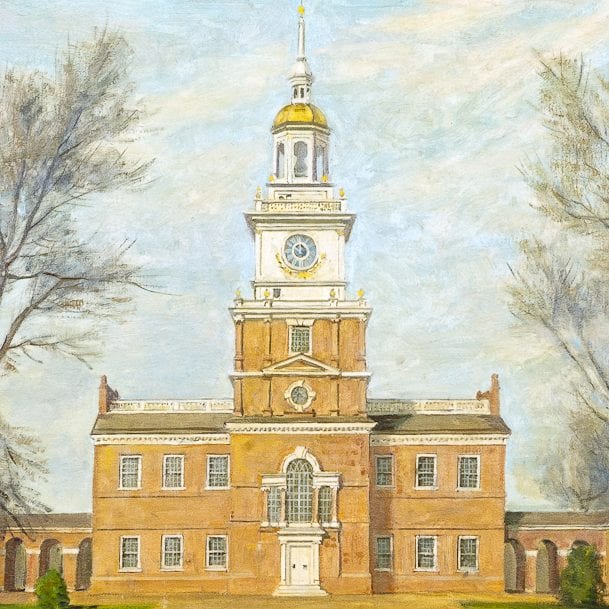






































































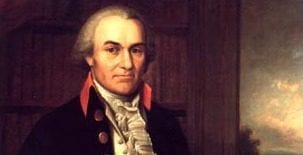



























![Finley, A. (1829) Pennsylvania. Philada. [Map] Retrieved from the Library of Congress, https://www.loc.gov/item/98688548/.](/content/uploads/2024/02/Map-of-PA--273x190.jpg)





















